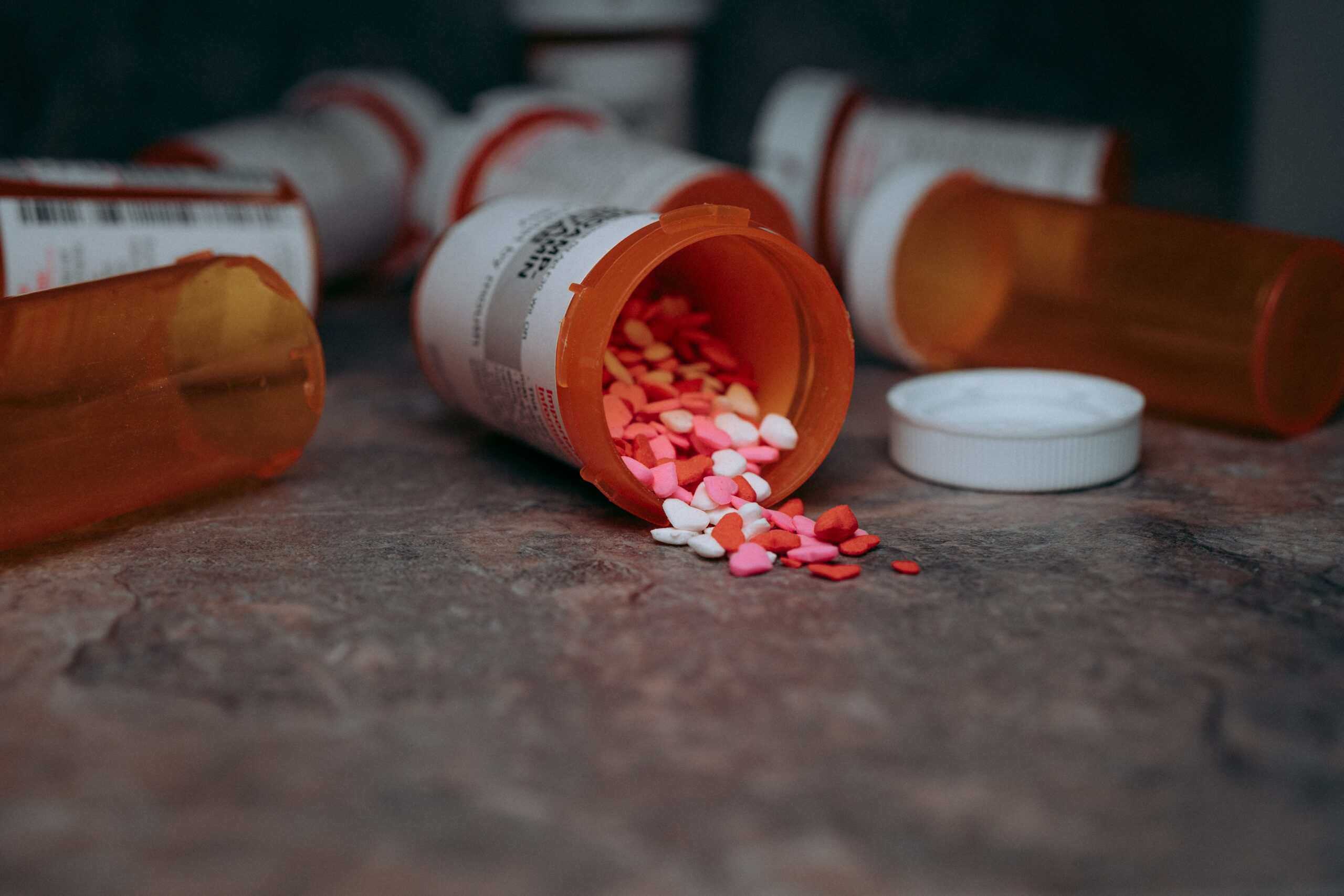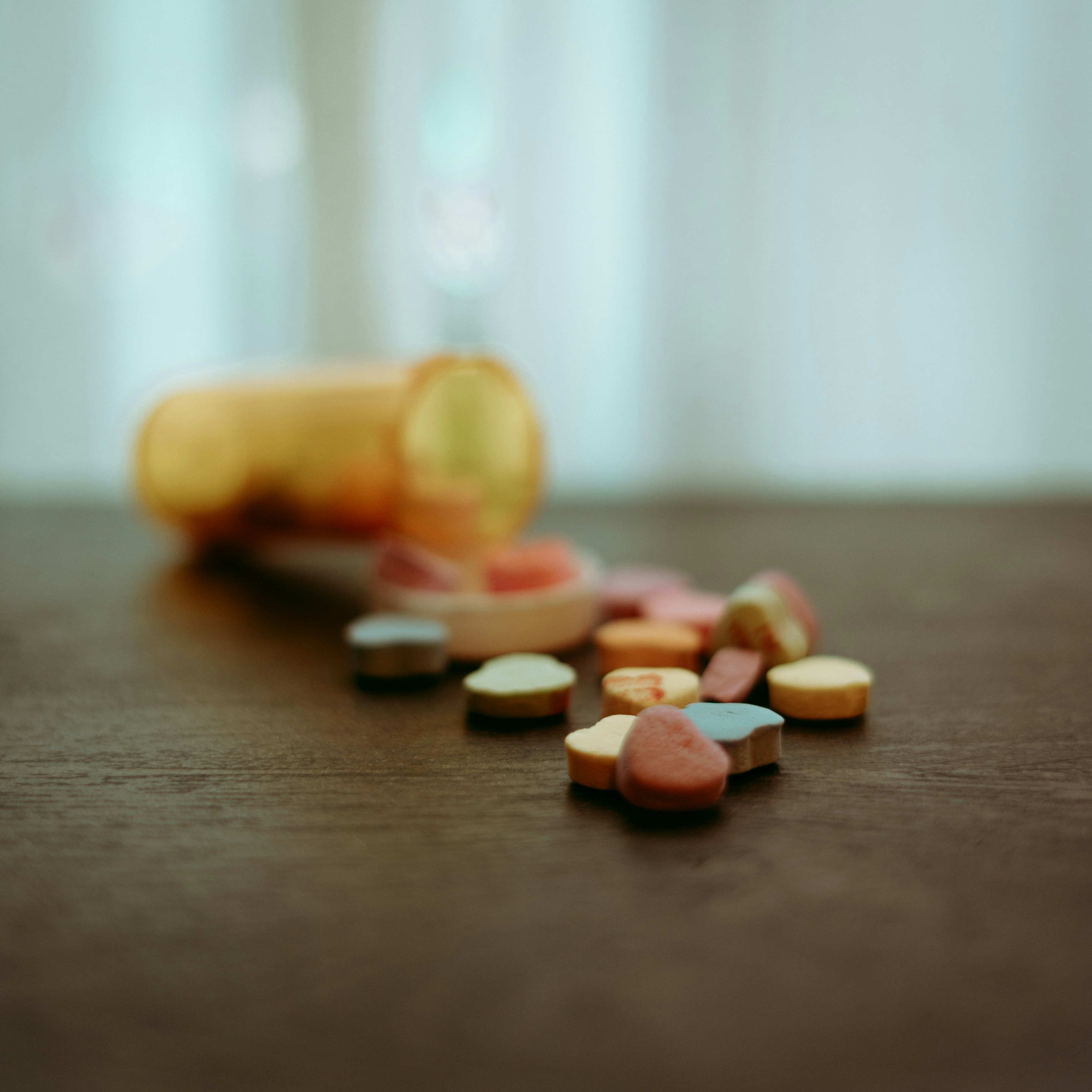Prostate cancer treatment is a crucial step towards recovery, but it's essential to understand the potential side effects you may encounter along the way. From radiation therapy to surgery, these treatments vary in their impact on your body. You might face short-term side effects like fatigue, nausea, or urinary problems, while some long-term effects include erectile dysfunction or incontinence. It's important to be knowledgeable about these potential side effects, as it can help you prepare and take necessary measures for managing them effectively.

Overview of Prostate Cancer Treatment
Prostate cancer is a serious condition that requires timely treatment to ensure the best possible outcome. There are several different treatment options available for prostate cancer, tailored to each individual's specific needs. Understanding the various treatment methods and their potential side effects is crucial for making informed decisions about your healthcare journey.
Understanding Prostate Cancer Treatment
Prostate cancer treatment aims to remove or destroy the cancer cells in the prostate gland, thereby eliminating or controlling the disease. The choice of treatment depends on the stage and aggressiveness of the cancer, as well as individual factors such as age, overall health, and personal preferences.
Types of Prostate Cancer Treatment
-
Surgery: Surgical intervention involves the removal of the prostate gland, called a prostatectomy. While this can be an effective treatment option, it does come with potential side effects.
-
Radiation therapy: This treatment uses high-energy rays to kill cancer cells and shrink tumors. It can be delivered externally or internally through implantation of radioactive seeds.
-
Hormone therapy: This approach aims to block the production or action of male hormones that fuel prostate cancer growth. It is often used in combination with other treatments.
-
Chemotherapy: Typically reserved for advanced cases, chemotherapy uses drugs to target cancer cells throughout the body and slow down their growth.
-
Immunotherapy: This innovative treatment harnesses the body's immune system to target and destroy cancer cells.
Now, let's delve into the different side effects associated with each of these treatment options.
Effects of Surgery for Prostate Cancer
Incontinence as a result of Prostate Surgery
One of the potential side effects of prostate surgery is urinary incontinence, which is the inability to control the flow of urine. This can range from mild leakage to complete loss of bladder control. However, it's important to note that with time and pelvic floor exercises, many men regain control of their bladder function.
Erectile Dysfunction post-Prostate Surgery
Another common side effect following prostate surgery is erectile dysfunction (ED), the inability to achieve or maintain an erection sufficient for sexual intercourse. This occurs because the nerves responsible for normal erectile function may be damaged during surgery. However, there are various treatment options available, including medication and devices, to help manage this issue.
Changes in physical strength and health post-surgery
Prostate surgery may also lead to temporary changes in physical strength and overall health. It's not uncommon to experience fatigue, decreased stamina, and reduced physical activity during the recovery period. However, with proper rehabilitation and gradual re-engagement in physical activities, many men regain their strength and vitality.

Effects of Radiation Therapy
Fatigue as a result of radiation therapy
One of the most common side effects of radiation therapy is fatigue, a persistent feeling of physical and mental tiredness. This can significantly impact daily activities and quality of life. It's important to listen to your body and rest when needed, and incorporating gentle exercises or relaxation techniques may also help manage fatigue.
Skin reactions from radiation therapy
Radiation therapy can cause skin reactions in the treated area, similar to a sunburn. The skin may become red, irritated, and sensitive. Proper skincare, avoiding direct sun exposure, and following the recommended guidelines provided by your healthcare team can help alleviate these side effects.
Digestive problems due to radiation therapy
In some cases, radiation therapy for prostate cancer can lead to digestive problems, such as diarrhea or rectal irritation. Following a well-balanced diet, staying hydrated, and discussing any concerns with your healthcare team can help manage these issues.
Side Effects of Hormone Therapy
Changes in sexual desire
Hormone therapy can impact sexual desire or libido. Some men may experience a decrease in their sex drive, while others may have difficulty achieving or maintaining an erection. Open communication with your partner and healthcare team is essential for understanding and addressing any changes in sexual desire.
Hot flashes and sweats
Hot flashes, a sudden sensation of warmth and sweating, are a common side effect of hormone therapy. These can be bothersome but are often manageable through various coping strategies, such as wearing lightweight clothing, staying hydrated, and avoiding triggers like spicy foods or caffeine.
Bone thinning and osteoporosis risk increase
Hormone therapy may contribute to the thinning of bones and an increased risk of osteoporosis, a condition characterized by weakened bones. Regular exercise, adequate calcium and vitamin D intake, and discussing bone health with your healthcare team can help minimize these risks.
Effects of Chemotherapy
Nausea and vomiting due to chemotherapy
Chemotherapy drugs can cause nausea and vomiting, known as chemotherapy-induced nausea and vomiting (CINV). Anti-nausea medications and dietary adjustments can help manage these symptoms and ensure adequate nutrition during chemotherapy.
Hair loss as a side effect of chemotherapy
Hair loss, or alopecia, is a well-known side effect of chemotherapy. This can impact an individual's self-esteem and body image. It's important to remember that hair usually grows back after treatment, and exploring coping strategies like wearing wigs, scarves, or hats can help manage the emotional impact of hair loss.
Decreased appetite and weight changes
Chemotherapy may cause a decreased appetite and weight changes, such as weight loss or weight gain. Discussing any concerns with your healthcare team and working with a registered dietitian can provide guidance on maintaining proper nutrition and managing weight during treatment.
Side Effects of Immunotherapy
Reactions at the injection site
Immunotherapy drugs are often administered through injections, and some individuals may experience reactions at the injection site, such as redness, swelling, or discomfort. These side effects are typically temporary and can be managed with ice packs or over-the-counter pain relievers.
Flu-like symptoms
Immunotherapy can also cause flu-like symptoms, including fever, chills, muscle aches, and fatigue. These symptoms usually resolve within a few days. Staying well-hydrated, getting plenty of rest, and discussing any concerns with your healthcare team can help manage these side effects.
Fatigue due to immunotherapy
Fatigue is a common side effect of immunotherapy, similar to other cancer treatments. It is important to listen to your body, prioritize rest, and engage in activities that promote relaxation and stress reduction.
Pain Management and Its Side Effects
Constipation due to pain medications
Pain medications used in prostate cancer treatment, such as opioids, can cause constipation. Increasing fiber intake, staying hydrated, and discussing the use of laxatives or stool softeners with your healthcare team can help manage this side effect.
Nausea, vomiting, and sleeping problems
Some pain medications may also cause nausea, vomiting, and sleeping problems. Your healthcare team can recommend medications or alternative strategies to alleviate these side effects.
Dependence on pain medication
Long-term use of pain medications carries the risk of dependence. It's important to work closely with your healthcare team to manage pain effectively while minimizing the risk of dependence. They can provide guidance on tapering off medication when appropriate or exploring alternative pain management approaches.
Psychological Effects of Prostate Cancer Treatment
Depression and anxiety post-treatment
Prostate cancer treatment can take a toll on your emotional well-being, leading to feelings of depression and anxiety. It's essential to seek support from healthcare professionals, support groups, or mental health counselors who specialize in the psychological impacts of cancer.
Changes in body image and self-esteem
Physical changes resulting from prostate cancer treatment, such as erectile dysfunction or hair loss, can impact body image and self-esteem. Open communication with your partner, seeking professional counseling, and exploring support groups can help navigate these challenges and promote positive self-image.
Stress and mental health challenges due to diagnosis and treatment
Being diagnosed with prostate cancer and undergoing treatment can be highly stressful. It's important to prioritize self-care, engage in stress-reducing activities, and seek support from loved ones and healthcare professionals to manage the mental and emotional challenges of the journey.
Impact on Social and Personal Life
Changes in personal relationships
Prostate cancer treatment can impact personal relationships, including intimate and familial bonds. Open and honest communication with your loved ones is crucial to maintain strong relationships and navigate any changes that may occur during treatment.
Impacts on work and finances
Treatment for prostate cancer may require time off work, leading to financial implications. Discussing your situation with your employer, exploring resources for financial assistance, and seeking advice from social workers or financial counselors can help mitigate these challenges.
Adjustment to lifestyle changes
Prostate cancer treatment often involves lifestyle changes, such as dietary modifications, physical activity adjustments, and medication management. Embracing these changes and seeking guidance from healthcare professionals, dietitians, and exercise specialists can aid in a smooth adjustment to the new lifestyle.
Coping with Side Effects and Strategies for Management
Seeking professional help for psychological impacts
If you are experiencing psychological side effects of prostate cancer treatment, it's important to seek professional help. Mental health counselors or psychologists with expertise in oncology can provide valuable support, coping strategies, and a safe space to express your emotions.
Lifestyle and dietary changes to manage side effects
Making lifestyle and dietary changes can help manage various side effects of prostate cancer treatment. Engaging in regular exercise, consuming a balanced diet, staying hydrated, and avoiding tobacco and excessive alcohol consumption can all contribute to overall well-being and help alleviate treatment-related symptoms.
Importance of regular follow-up and monitoring post-treatment
Regular follow-up visits and monitoring after treatment are critical for detecting any potential side effects or cancer recurrence. Maintaining open communication with your healthcare team and adhering to recommended follow-up schedules can ensure the best possible outcomes and long-term survivorship.
In conclusion, understanding the potential side effects of prostate cancer treatment is essential for making informed decisions and effectively managing your healthcare journey. By seeking support from healthcare professionals, making lifestyle adjustments, and staying proactive in your care, you can navigate these challenges and optimize your overall well-being. Remember, you are not alone, and there are resources and support available to help you through every step of the journey.


